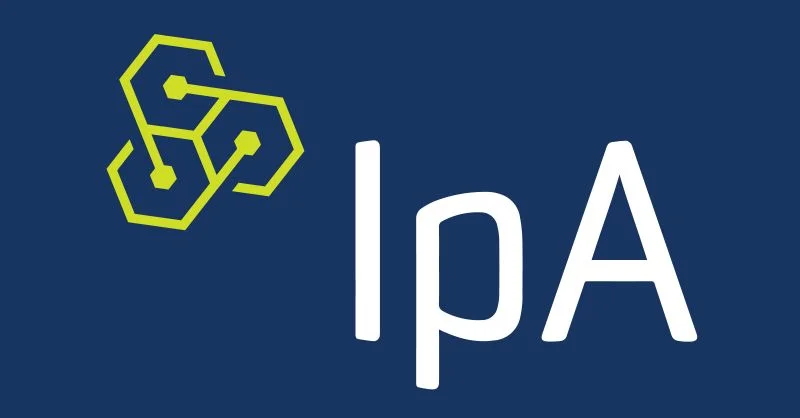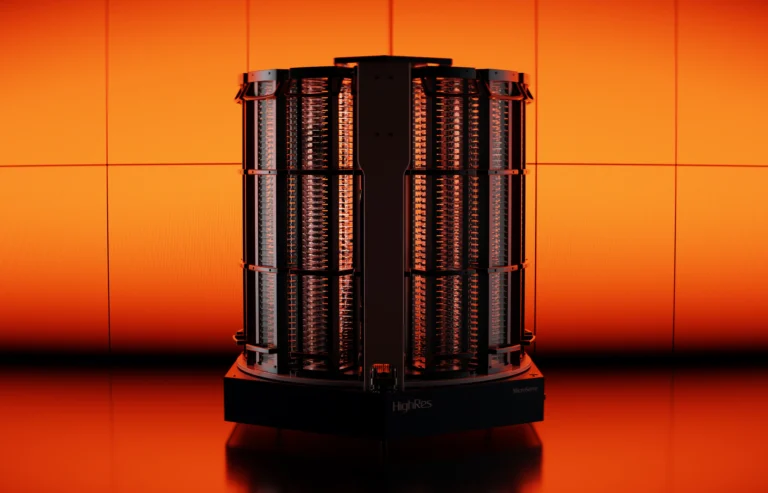
ImmunoPrecise Achieves AI-Driven Breakthrough in Universal Dengue Vaccine Development
ImmunoPrecise Antibodies Ltd. (IPA) (NASDAQ: IPA), a leader in AI-driven biotherapeutics, has announced a groundbreaking discovery that could pave the way for a universal dengue vaccine. Using its proprietary LENSai™ platform powered by patented HYFT® technology, IPA identified a highly conserved epitope—a specific part of the virus—that remains unchanged across all four dengue virus serotypes (DENV-1, DENV-2, DENV-3, and DENV-4). This discovery marks a significant milestone in the quest to develop a broadly protective dengue vaccine and validates the potential of IPA’s AI-native vaccine discovery engine.
Dr. Jennifer Bath, CEO of ImmunoPrecise Antibodies, commented on the achievement: “This breakthrough highlights a new frontier in AI-driven biology—where discovery is rooted in the biology of the virus itself. By confirming that our sequence-derived patented HYFT patterns match structural signatures across all dengue serotypes, we’re setting the stage for a universal vaccine design framework. This research not only identifies a persistent target to eliminate the virus regardless of mutations but also lays the foundation for tackling other infectious diseases and potentially even certain types of cancer.”
Breaking Barriers with Patented HYFT Technology
Dengue fever, caused by four distinct but rapidly evolving serotypes, poses a significant global health challenge. Immunity to one serotype does not confer protection against the others, and prior infection can exacerbate the severity of subsequent infections—a phenomenon known as antibody-dependent enhancement (ADE). For decades, researchers have struggled to identify a viral component that is both exposed to the immune system and conserved across all serotypes, making the development of a universal dengue vaccine elusive.
Traditional methods, whether experimental or computational, have fallen short due to the complexity of the virus’s rapid mutation rates and intricate immune interactions. However, IPA’s discovery represents a landmark moment in computational vaccinology. Leveraging the power of LENSai™, IPA’s AI-driven platform identified a strictly conserved epitope across all four dengue serotypes—a viral signature that remains unchanged despite mutations and variations between serotypes. This epitope has the potential to serve as a universal target for vaccine development, enabling the immune system to recognize and neutralize the virus effectively.
What sets this discovery apart is the depth of validation achieved through HYFT technology:
- Patented HYFT Patterns: Derived from sequence data, these patterns were independently confirmed to match corresponding structural HYFTs across all four dengue serotypes.
- Integration of Structural Data: LENSai’s database of over 20 million proprietary Structural HYFTs (S-HYFTs) allows the platform to overlay three-dimensional conformations onto sequence-level biological fingerprints, inferring functional structures without relying on time-consuming experimental techniques like crystallography or cryo-EM.
- Biology-First AI Models: The platform traverses the full biological hierarchy—from DNA/RNA sequences to molecular structures to therapeutic relevance—delivering actionable insights that previously required years of wet-lab research.
This milestone underscores the unique capabilities of HYFT technology to bridge the gap between sequence, structure, and function at scale, offering a transformative approach to vaccine discovery.
Accelerating Vaccine Development with LENSai™
The LENSai™ platform integrates patented HYFT universal fingerprints, deep learning algorithms, structural predictions, and literature-mined knowledge graphs to rapidly identify and refine candidate epitopes. Unlike traditional methods that rely heavily on trial-and-error experimentation, IPA’s approach operates entirely in silico, dramatically reducing the time and cost associated with early-stage vaccine development.
Key features of the LENSai™ platform include:
- Full Immunogen Design: The platform enables end-to-end design of immunogens, ensuring they are optimized for efficacy and safety.
- In Silico Immunogenicity Screening: Candidate epitopes are screened computationally to predict their ability to elicit an immune response, eliminating the need for extensive lab-based testing.
- Cross-Serotype Validation: By identifying epitopes conserved across multiple serotypes, the platform ensures broad-spectrum protection against diverse viral strains.
This innovative approach not only accelerates the development process but also opens new opportunities to tackle some of the most complex viral challenges facing humanity today.
Expanding Applications Beyond Dengue
Building on this success, IPA plans to extend its AI-driven vaccine design platform to address other high-impact infectious diseases, including HIV, Norovirus, and Respiratory Syncytial Virus (RSV). Early-stage assessments are also underway to explore the platform’s application in oncology, particularly for neoantigen vaccine development and tumor-specific epitope mapping.
Dr. Bath emphasized the broader implications of this breakthrough: “While this discovery is a major step forward for dengue vaccine development, it also demonstrates the versatility of our technology. The same principles can be applied to many other infectious diseases and even certain types of cancer. This is just the beginning.”
A New Era of AI-Driven Drug Discovery
This achievement underscores IPA’s commitment to advancing drug discovery through innovative, human-relevant AI technologies. By leveraging HYFT’s patented ability to map biologically meaningful sub-sequence patterns across the entire biosphere, IPA is redefining how vaccines and therapeutics are discovered and developed.
Traditional vaccine development often takes years, if not decades, and involves significant financial investment. In contrast, IPA’s AI-native approach accelerates the process by translating complex biological data into actionable insights, enabling faster and more cost-effective solutions. This aligns with evolving industry standards that prioritize speed, precision, and scalability in addressing global health challenges.
Transformative Potential for Global Health
The identification of a conserved epitope across all four dengue serotypes represents a critical step toward developing a universal dengue vaccine. Such a vaccine would not only protect against all variants of the virus but also mitigate the risk of severe complications associated with secondary infections. With dengue cases on the rise globally—estimated at 400 million infections annually—a universal vaccine could save countless lives and reduce the economic burden on healthcare systems.
Moreover, the success of IPA’s HYFT-powered platform in dengue research serves as a proof of concept for its application in other areas. From combating emerging infectious diseases to advancing personalized medicine in oncology, the possibilities are vast. By harnessing the power of AI to decode biological complexity, IPA is poised to transform the future of medicine.
About ImmunoPrecise Antibodies Ltd.
ImmunoPrecise Antibodies Ltd. is a techbio company that leverages multi-omics modeling and complex artificial intelligence through a series of proprietary and patented technologies. The Company owns an integrated end-to-end suite of capabilities to support the discovery and development of therapeutic antibodies and is known for solving complex industry challenges. IPA has several subsidiaries in North America and Europe including entities such as Talem Therapeutics LLC, BioStrand BV, ImmunoPrecise Antibodies (Canada) Ltd. and ImmunoPrecise Antibodies (Europe) B.V. (collectively, the “IPA Family”).





